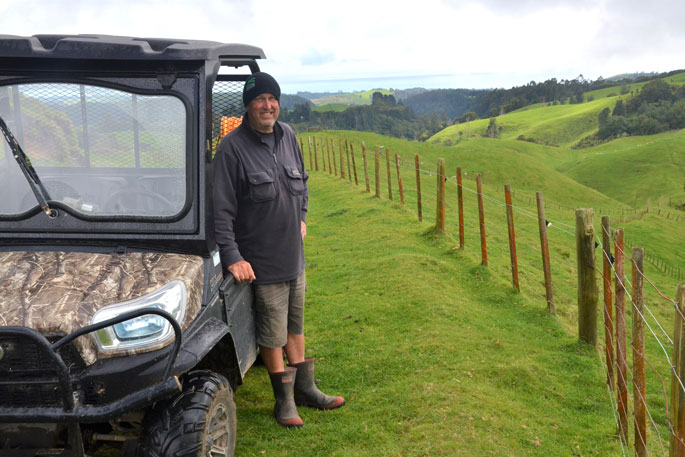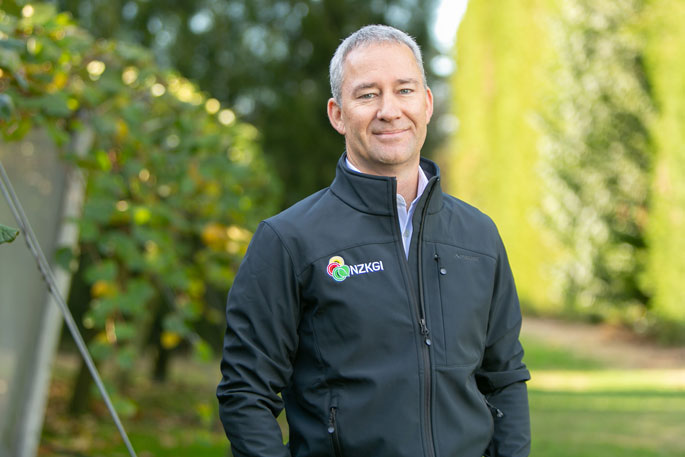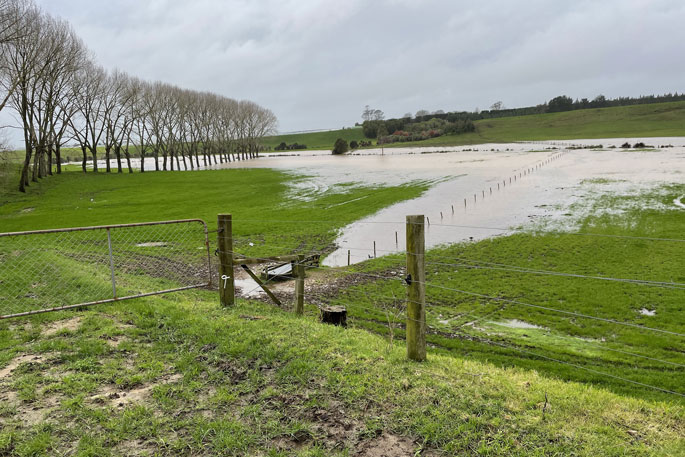Calls for food producers struggling through six months of adverse weather to support each other as winter sets in.
Statistics from the MetService show in the first five months of this year, 1109.4mm of rain fell at Tauranga Airport. The historical average is 561.6mm.
BOP Federated farmers President Brent Mountfort admits for some, the prolonged drenching may simply be the final straw.
“In the past, there’s been the feeling of ‘ok, we can handle this’ but if you add all the strain farmers have been under; Covid, new water regulations, the emissions scheme and now add a cyclone and five months of rain, it adds up to a lot of stress,” he says. “I’m a positive person, but one thing I have heard people talk about is being the last generation on the land. Some are near breaking point.”
Paengaroa dairy farmer Darryl Jensen has low lying paddocks that normally flood twice in winter or in major weather events. So far this year, they’ve been underwater five times.
“It’s unprecedented,” he says. “We’re halfway through the year and we’ve already had the same amount of rain we’d see in a year. It’s double the normal rainfall.”
He says the ground and waterways are simply unable to cope with the deluge.
“With silt and debris in the streams and drains, and the soil already saturated, there’s nowhere for the water to go.”
Darryl has sent 150 cows off property to graze.
“I wouldn’t normally have to do that at this time of year,” he says. “We do our best to create a resilient and self-sufficient business but sometimes you have to change the plan. It’s an added expense but I needed to relieve the pressure on the land to prepare for calving.”
Adding to the financial pressure, fence posts were washed away in an unexpected deluge and ten hectares of maize planted to feed his herd has been destroyed.
“It’s another financial hit but I’m certainly not the only one suffering. I’ve also been told of other horrendous crop failures,” he says. “This is when we need to keep talking to each other to cope with the stress. We call it ‘lean on the gate and talk to a mate’. Getting off property to put it out of your mind for a while is also important.”
 BOP Federated Farmers President Brent Mountfort.
BOP Federated Farmers President Brent Mountfort.
Brent farms sheep and beef at Matata and agrees that those not coping need to reach out.
“When I was a townie, I’d listen to storms at night and think “oh, that’s a nice drop of rain for the garden’, but now I’m a farmer, I have a whole different perspective,” he says. “All I can do is encourage farmers to keep talking and if you’re in a good head space, keep an eye on your neighbours.”
The adverse weather has also had a significant impact on the Bay’s orchardists. NZ Kiwifruit Growers Incorporated CEO Colin Bond says flooding, hail and cyclones have reduced the crop size resulting in one of the most financially unrewarding harvests in memory.
“Originally thinking 160 million trays of kiwifruit would be produced, the final number for New Zealand production is more likely to be well under 140 million trays,” he says. “A far reach from 2022’s 175 million trays.”
 NZ Kiwifruit Growers Incorporated CEO Colin Bond.
NZ Kiwifruit Growers Incorporated CEO Colin Bond.
Colin says cyclone Hale was particularly devastating, with many orchards experiencing damage from wind and hail either dropping the fruit or rubbing it, impacting on its quality and ability to be sold.
“There were also several cases of low-lying orchards becoming flooded for long periods of time which starved the plants’ roots of oxygen. Unfortunately, there were orchards in Te Puke and Paengaroa area that experienced significant silt damage to their orchards from the associated flooding,” he says.
The reduced yield has put many kiwifruit growers under the most financial pressure in recent memory.
“NKZGI will be keeping a close eye on cost increases for growers, especially as the rateable value for orchards gets revaluated.”
Help is also in place for farmers in the form of Rural Support Trust (0800 787 254) Darryl says it’s the lifeline that farmers can turn to at any time. He took over the farm from his parents and despite the current stress, he doesn’t plan to leave.
“We’re happy farming. I think we have an attachment to the land,” he says. “I applaud people who can pass it down through the generations but it’s getting harder to do. Some of us will have to go cap in hand to the bank. It’s not nice to do but it’s the reality of farming and being at the mercy of nature.”



0 comments
Leave a Comment
You must be logged in to make a comment.